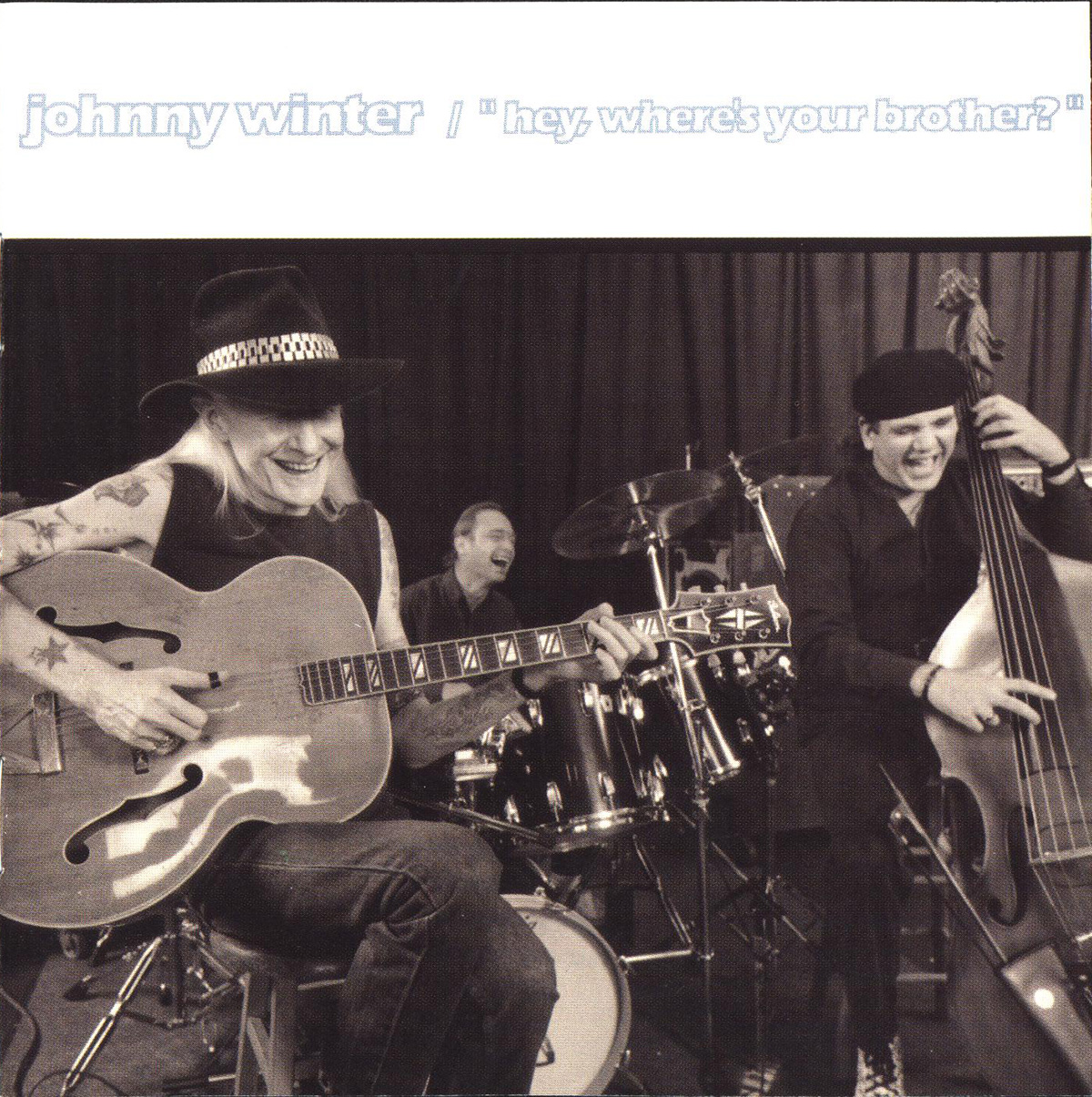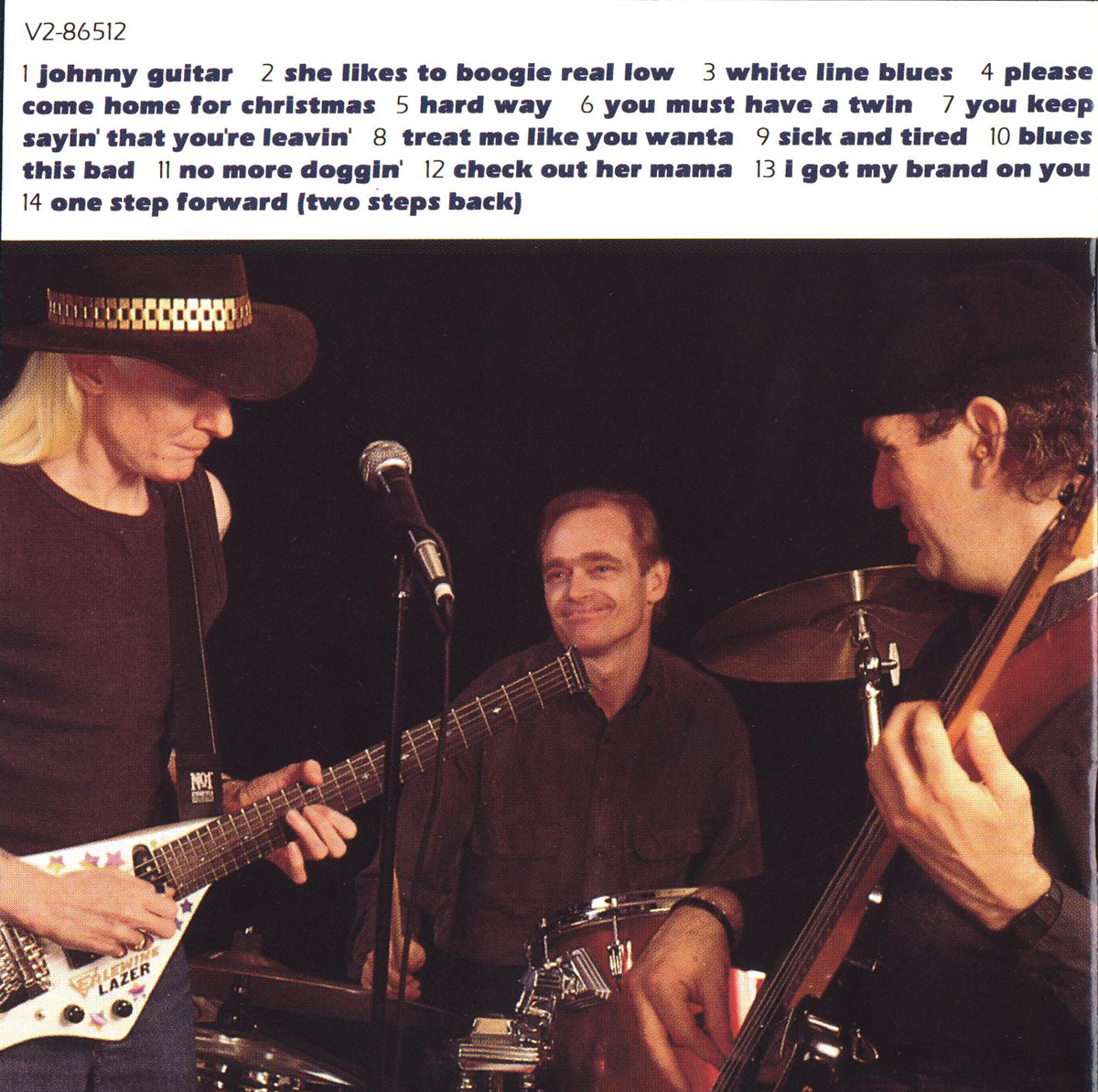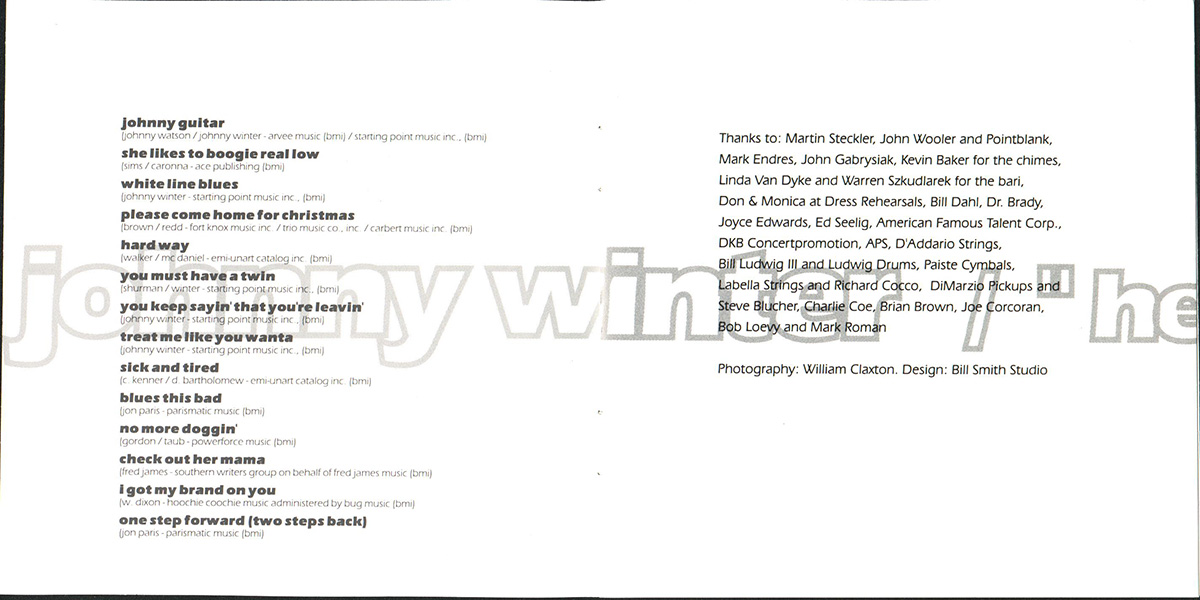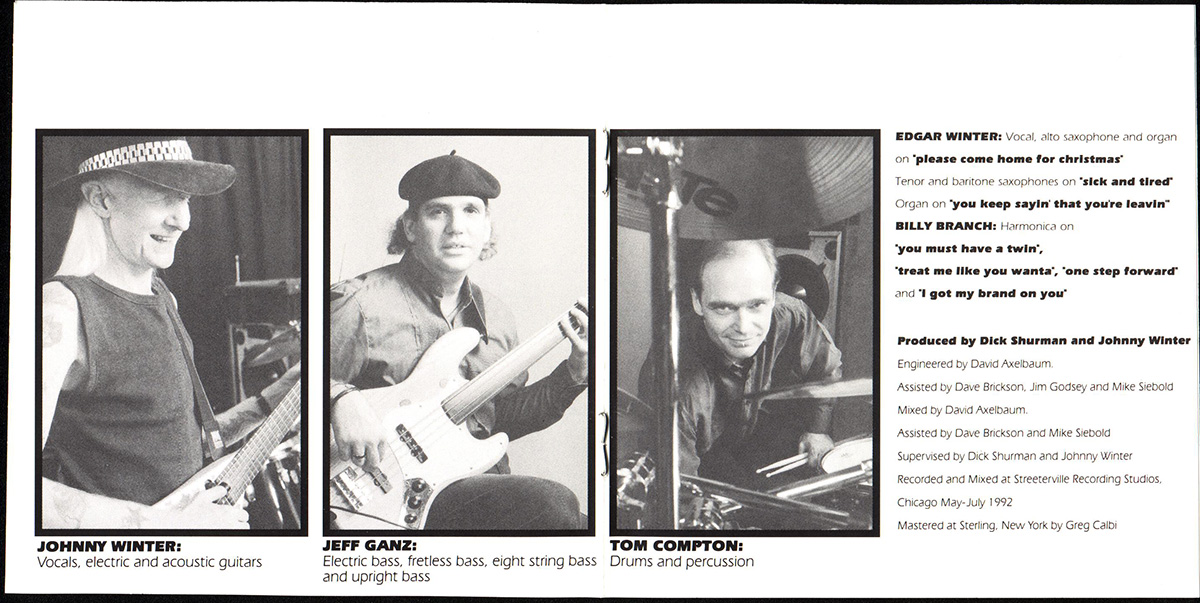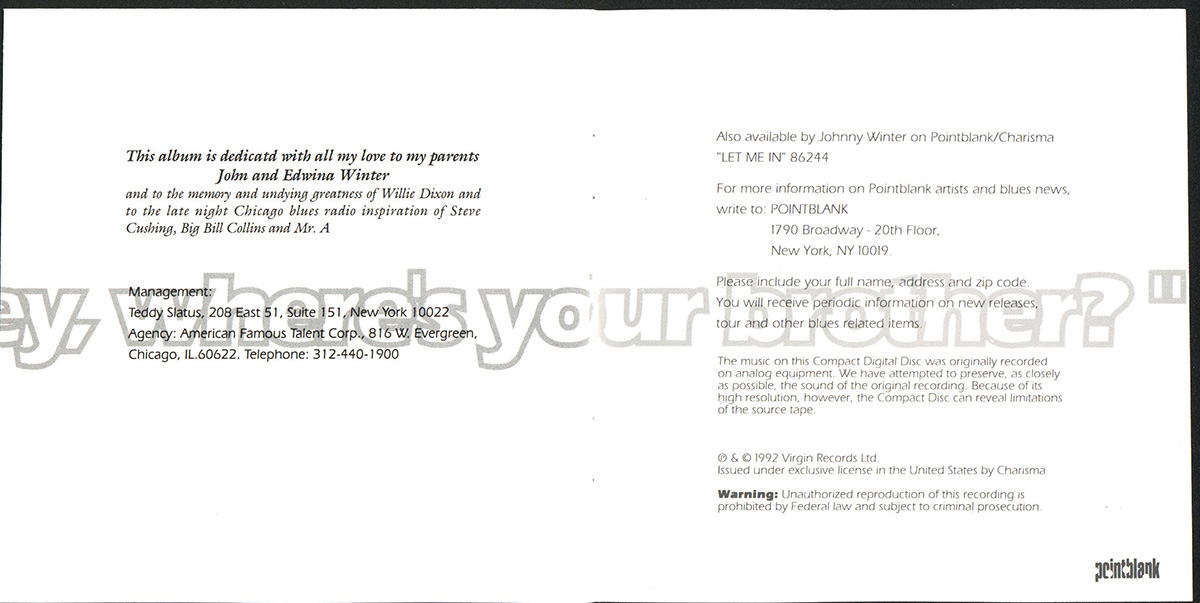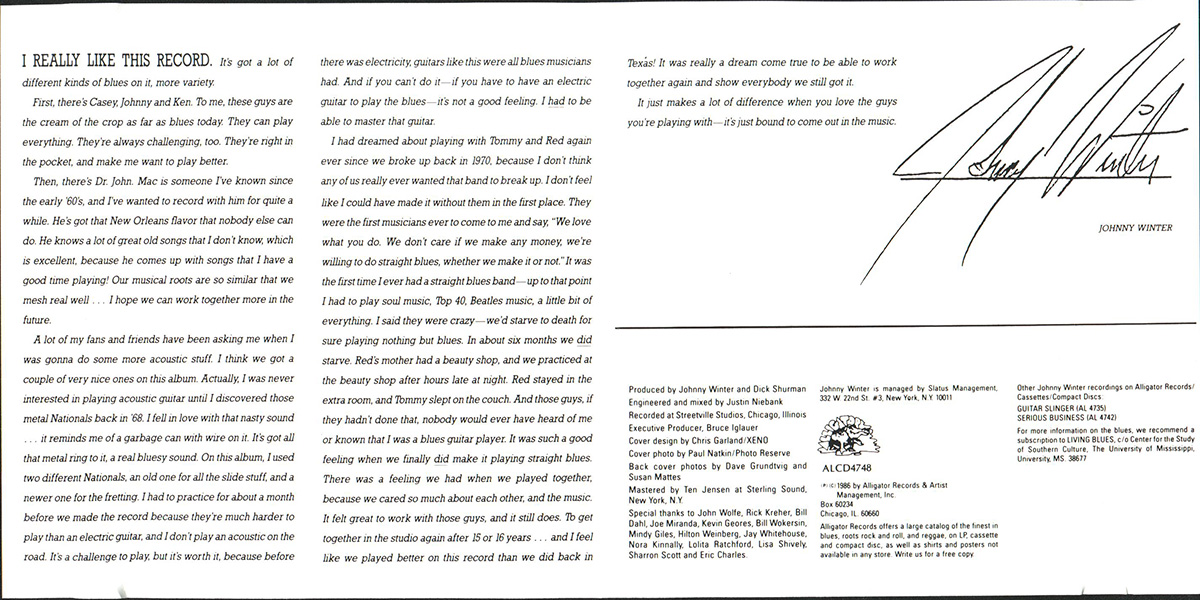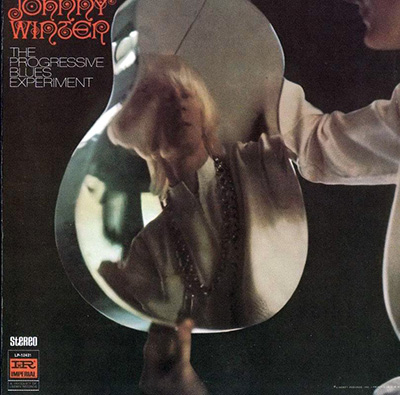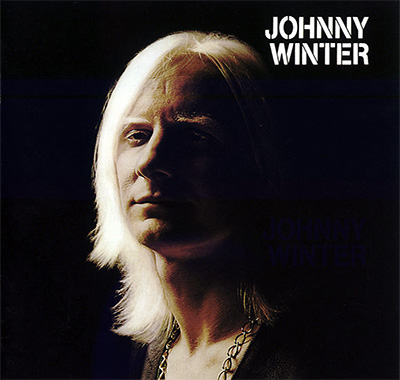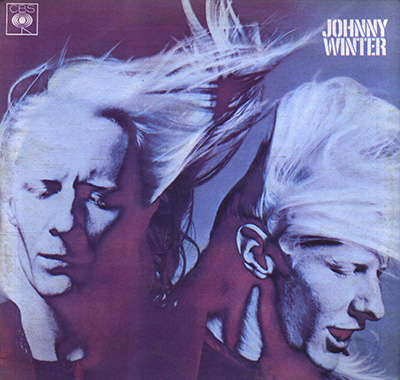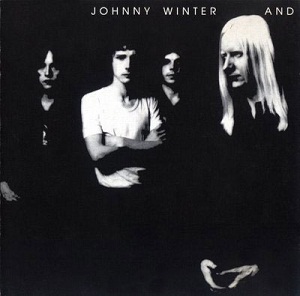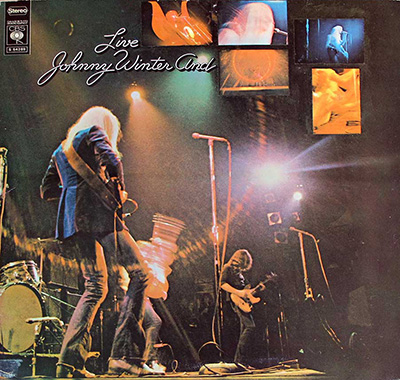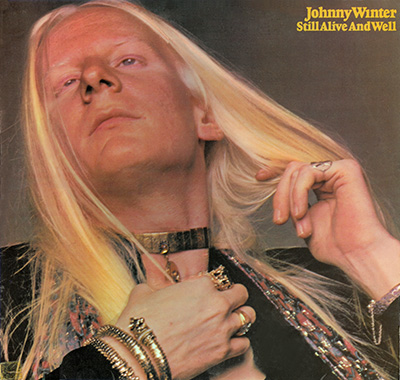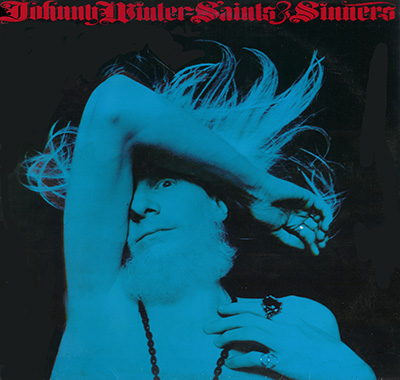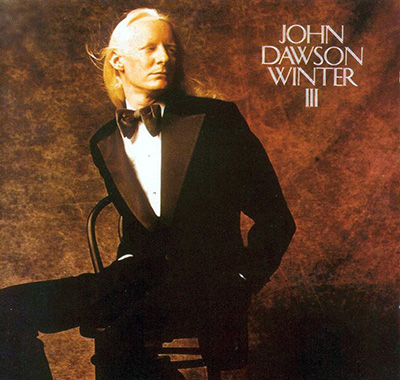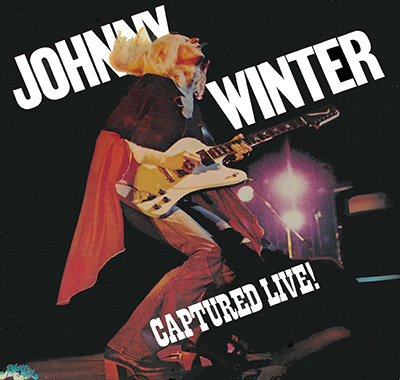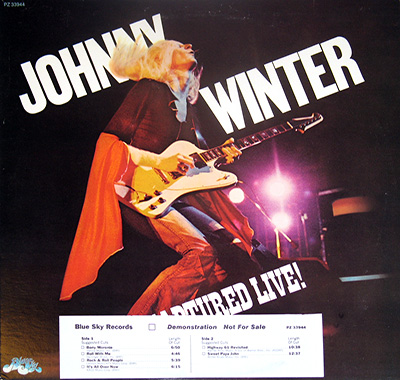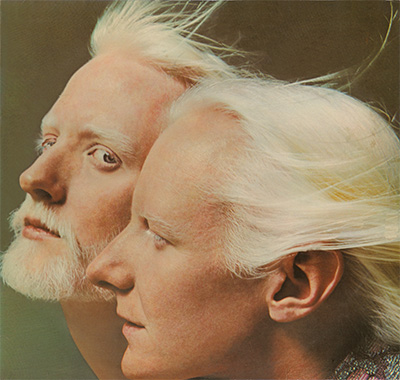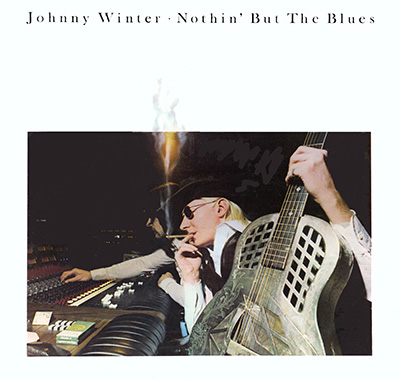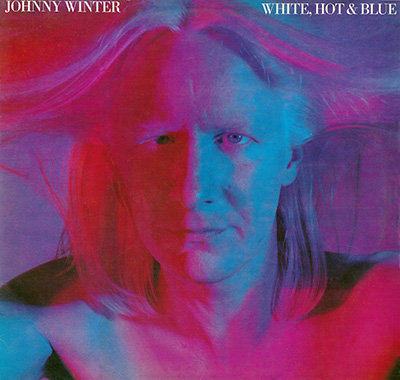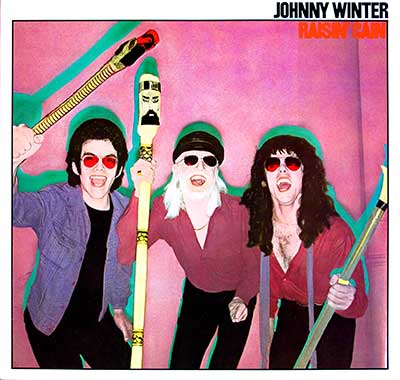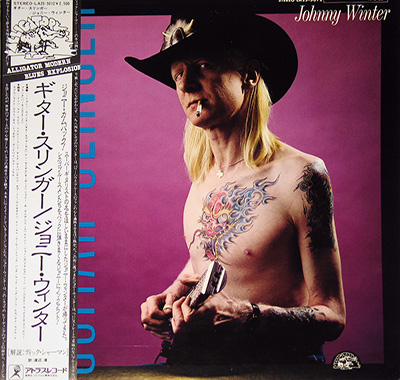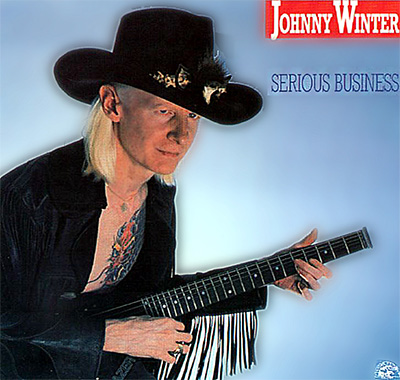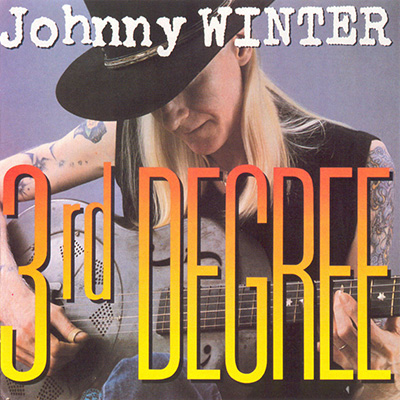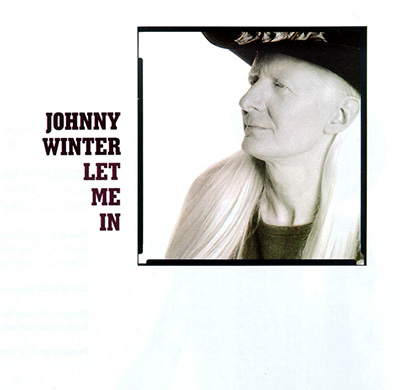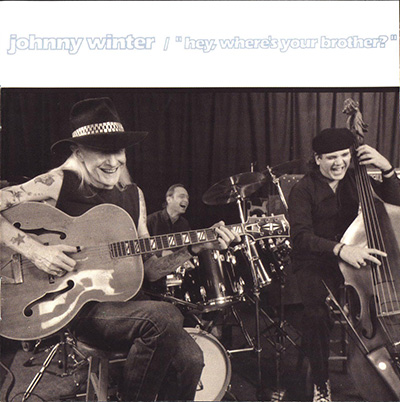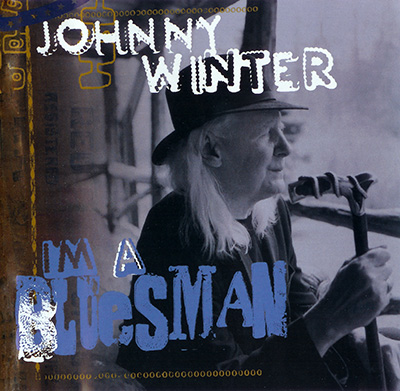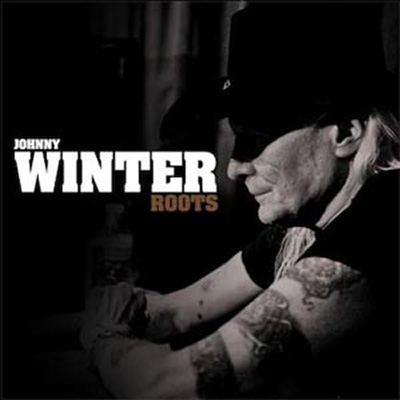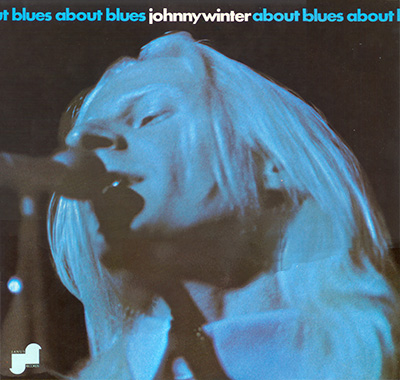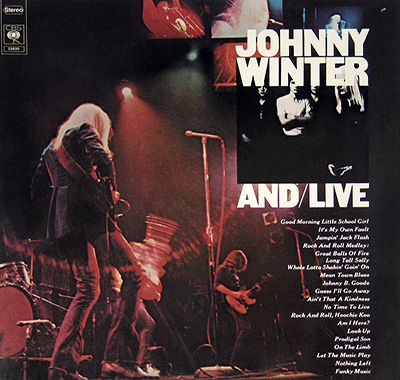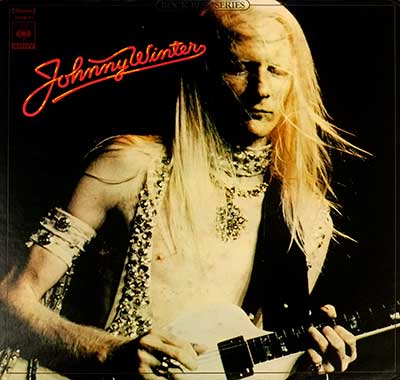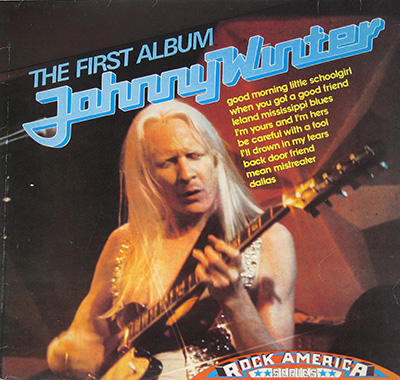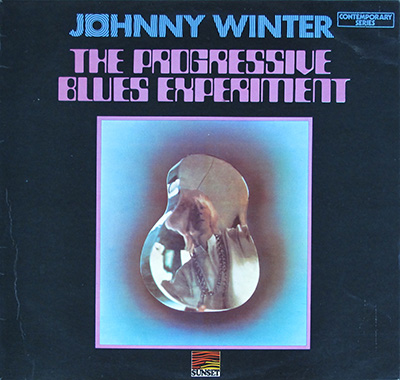Hey Where's your Brother? is the title of the new Johnny Winter album, coming from the Pointblank label. It is the follow-up album to Johnny's Grammy-nominated and critically-acclaimed Pointblank debut, Let Me In.
On this collection of 14 killer tracks, Johnny is supported by regular band members Jeff Ganz (bass) and Tom Compton (drums and percussion), with guest appearances by harmonica player Billy Branch, and younger brother Edgar Winter on vocals, sax and organ on three songs: "You Keep Leavin'," "Sick And Tired," and a special holiday number, "Please Come Home For Christmas." (Indeed, the album title refers to a question frequently yelled at the stage during Johnny's live performances from fans hoping for a surprise visit from Edgar!) As with Let Me In, the album was produced by Dick Shurman and Johnny Winter and recorded in Chicago.
The album's lead-off track, "Johnny Guitar," with its rootsy feel, blistering guitar and emotionally-charged vocals, not only sets the tone for all the music to follow - it will be the first track released to album radio. Other key tracks include "You Must Have A Twin," "Blues This Bad," and "Treat Me Like You Wanna." A major US and Canadian tour is currently in progress.
Born in Beaumont, Texas on February 23, 1944, John Dawson Winter III grew up surrounded by the blues, country and cajun music. His brother Edgar was born three years later and the two showed an inclination toward music at an early age. As Johnny told Down Beat magazine, "We sang regularly, because Daddy loved to sing harmony. He sang in a barbershop quartet and in a church choir, so Edgar and I started singing as soon as we were born, almost." Johnny began playing clarinet at age five and switched to ukulele a few years later. Johnny and Edgar began performing as a duet in an Everly Brothers vein, winning talent contests and appearing on local television shows. When Johnny was 11, the Winter Brothers traveled to New York to audition for Ted Mack's Original Amateur Hour." Soon after their first exposure to rock 'n roll came through the music of Little Richard, Fats Domino, Carl Perkins and early Elvis Presley. They also began soaking up the sound of rhythm and blues from DJ Clarence Garlow's "Bon Ton Show" on KJET radio in Beaumont. At age 14, Johnny organized his first band, Johnny & The Jammers, with brother Edgar on piano. A year later, they cut two songs at Bill Hall's Gulf Coast Recording Studios in Beaumont. The single "School Day Blues" b/w "You Know I Love You" came out a month later on Houston-based
Dart Records
, gaining The Winter Brothers some local notoriety.
Around this time, Johnny began sitting in with DJ Clarence Garlow, who also performed around town and had a regional hit with "Bon Ton Roule." Johnny also frequented the Beaumont's all-black Raven Club, where the aspiring blues guitarist got to see such heroes as Muddy Waters , B.B. King and Bobby Bland for the first time.
